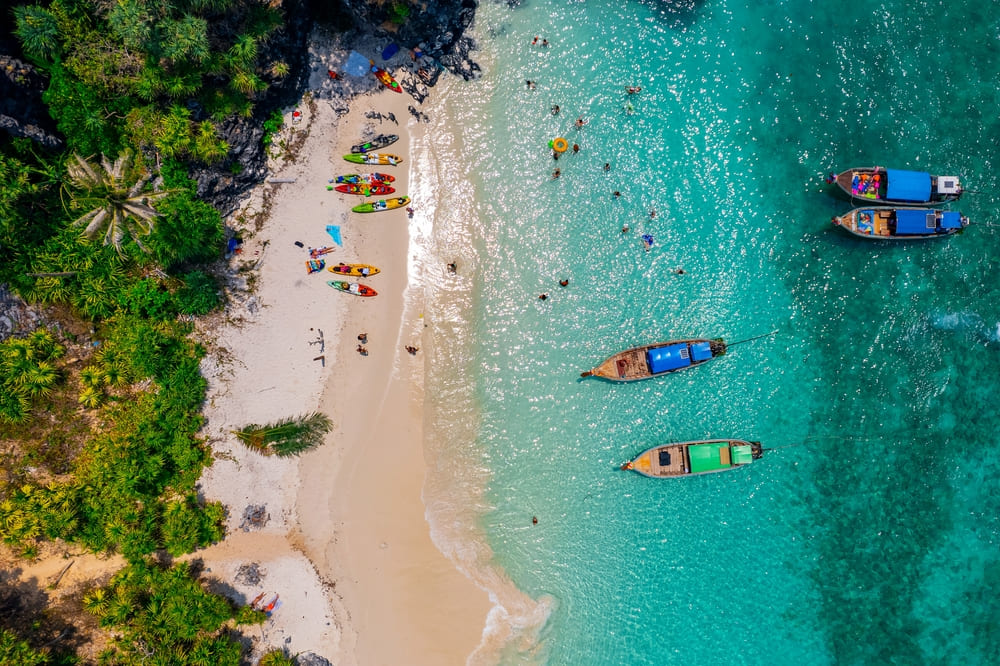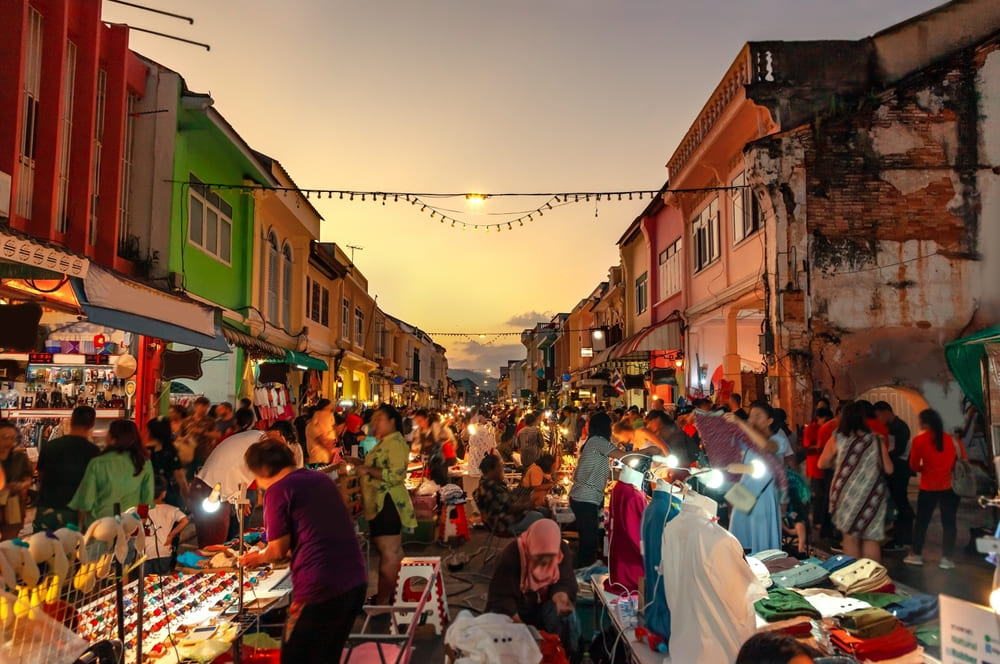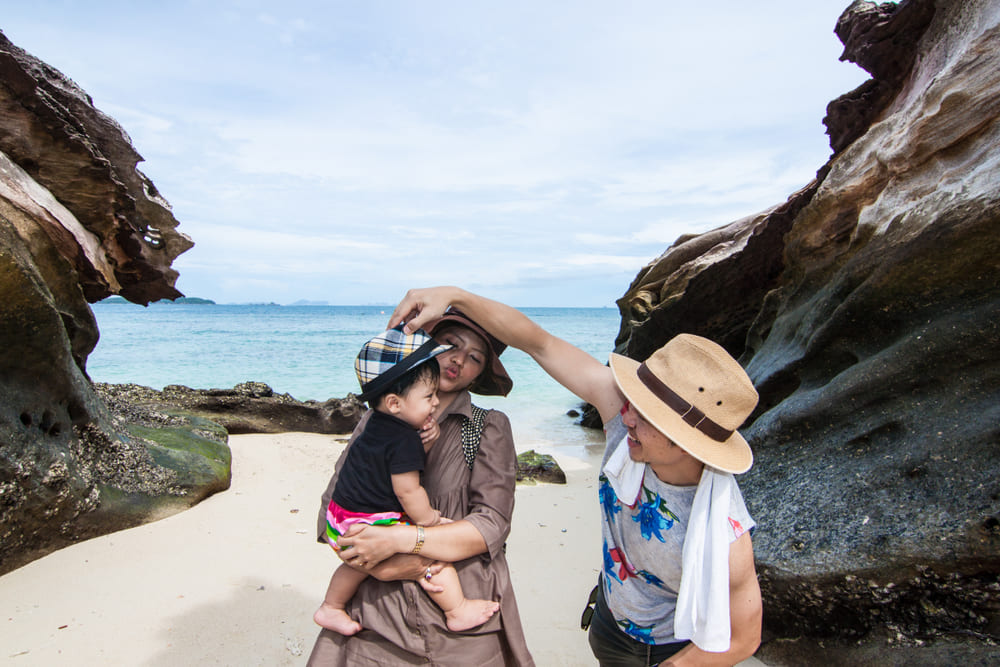Every year, thousands of travelers arrive in Phuket expecting paradise, and while Phuket delivers that in just about every way, those who arrive unprepared often leave with stories of unsavory taxi negotiations, sunburns that ruin half their trip, or worse. Thailand's largest island operates by its own rules (some written, most unwritten), and what “works” in Bali or the Caribbean doesn't necessarily translate here.
Many blogs will give the standard advice on how to prepare for a trip to Phuket, but understanding the things not to do in Phuket gives you a different perspective on what to expect. These are ten common mistakes that visitors to Phuket make, yet each can be avoided with proper awareness.
Falling for Common Tourist Scams
Like many tourist destinations worldwide, Phuket is not without its share of people trying to take advantage of tourists. Keep eyes open for airport drivers quoting triple the metered rate, motorbike renters claiming damage you didn't cause and demanding thousands in repairs, and gem dealers promising guaranteed investment returns with elaborate tax-free export stories. These scams work because exhausted travelers make quick decisions without researching local prices.
Counter them with your access to technology. Ride-hailing apps like Grab and Bolt display fixed prices before you confirm. When shopping, visit multiple vendors to establish baselines and treat any high-pressure sales environment as a red flag. Legitimate Thai businesses keep things pleasant.
Neglecting to Research Beach Conditions

Between May and October, monsoon swells create harsh swimming conditions. Red flags signal danger, yet tourists proudly ignore them, leading to preventable drownings. Different beaches face different exposure levels; Kata and Karon have manned lifeguard stations that remain safer during rough weather, whereas visually stunning spots like Freedom Beach turn treacherous when swells arrive.
Check conditions through weather services or ask hotel staff before heading out. And remember that those red flags aren't suggestions. When lifeguards say the water's unsafe, believe them. The Andaman Sea doesn't care about your swimming confidence.
Disrespecting Local Customs and Culture
Thailand has its own set of unique customs that aren’t easily intuited without education, and Thailand's predominantly Buddhist culture maintains specific protocols that visitors must observe. Thai temples require covered shoulders and knees, so arrive in shorts and you'll be turned away or handed a sarong.
Other customs include considering heads sacred and feet spiritually low. Never touch someone's head, even a child's. Don't point feet at people, Buddha images, or monks - sit with legs tucked to the side in temples. When uncertain about appropriate behavior, observe how Thai visitors conduct themselves and mirror their actions.
Ignoring Food and Water Safety Precautions

Street food and markets provide Phuket's most authentic flavors, but not all vendors adhere to the same safety standards. Vendors who've operated the same corner stall for twenty years, with lines of Thai customers waiting, serve safe food. Carts with unrefrigerated meat and circling flies don't. Look for vendors with high food turnover, as food that moves quickly doesn't sit long enough to become problematic. In a similar vein, grilled or fried foods to order in front of you carry minimal risk compared to pre-cooked dishes held at room temperature.
To play it the most safe, never drink tap water and only take bottled water. Ice in tourist restaurants typically comes from purified sources, but skip it at local spots if you have a sensitive stomach.
Riding a Motorbike Without Proper Precautions
Motorbike accidents involving tourists in Phuket make the national news daily. Rental shops often hand over keys to anyone with cash, creating a dangerous illusion of safety despite Thai law requiring a valid motorcycle license and specific insurance coverage.
Head injuries from helmetless riding are the most avoidable. If you've never ridden before, don't start in Phuket. Unfamiliar traffic patterns, opposite-side driving, and challenging roads create deadly scenarios for inexperienced riders.
Venturing to Unsafe Areas
Patong's entertainment district is welcoming, but drink-fueled decisions might lead to vulnerable situations. Some easy things not to do in Phuket at night are walk alone through empty side streets, accept drinks from strangers, or leave bars with new acquaintances. Stay in well-lit, populated areas and use registered taxis or ride-hailing apps. Always travel in groups and watch your drinks.
Underestimating the Thai Sun

Phuket's sun is strong, and most western tourists are at its mercy. It’s your job to prepare appropriately. Apply SPF 50+ sunscreen every two hours, wear lightweight covering clothing, and drink plenty of water. Schedule outdoor activities before 10 AM or after 4 PM, and be aware of heat exhaustion symptoms (dizziness, nausea, fatigue), as they often get dismissed as jetlag until they escalate.
Trusting Unofficial Tour Operators
If a deal is too good to be true, be skeptical. Beach vendors offering cheap tours cut corners on safety through overloaded boats, inexperienced guides, or poor equipment maintenance. When accidents happen, that promised insurance doesn't exist. Verify companies through official tourism websites or established booking platforms or even your hotel concierge.
Participating in Wildlife Tourism Exploitation
Experiences with exotic animals in Thailand have been popularized in the media, but it’s best to avoid these places. In fact, riding elephants harms the animals, and those tigers in photo ops are drugged and declawed. Be aware that the "sanctuary" label means nothing without verification. Real sanctuaries don't offer riding or allow stressful contact.
Forgetting Travel Insurance
Given the potential issues stated above, it’s best practice to secure travel insurance ahead of your trip. While medical costs in Thailand are substantially lower than in the west, they can still add up. Be aware that standard policies often exclude motorbike accidents and adventure activities unless specifically added. You may never need to use the insurance, but the peace of mind beats looming stress, especially on vacation.
Avoid these Things Not to Do in Phuket
These ten things not to do in Phuket share a common thread: they're preventable through basic awareness. If you do simple things like research transportation costs before arriving, check weather conditions each day, and respect local customs, your vacation will go smoothly.
Smart travelers also know when to choose controlled experiences. Andamanda Phuket delivers world-class water park excitement in a professionally managed environment. Our Thai heritage-themed attractions offer outstanding activities for kids and families in Phuket, from adrenaline-pumping slides to Southeast Asia's longest lazy river.
Visit us at Andamanda and enjoy one of the top Phuket tourist attractions that’s guaranteed to be fun and safe for all.
Phuket is the ultimate vacation location, but smart planning helps avoid common tourist pitfalls. These 10 things not to do in Phuket will help you prepare

